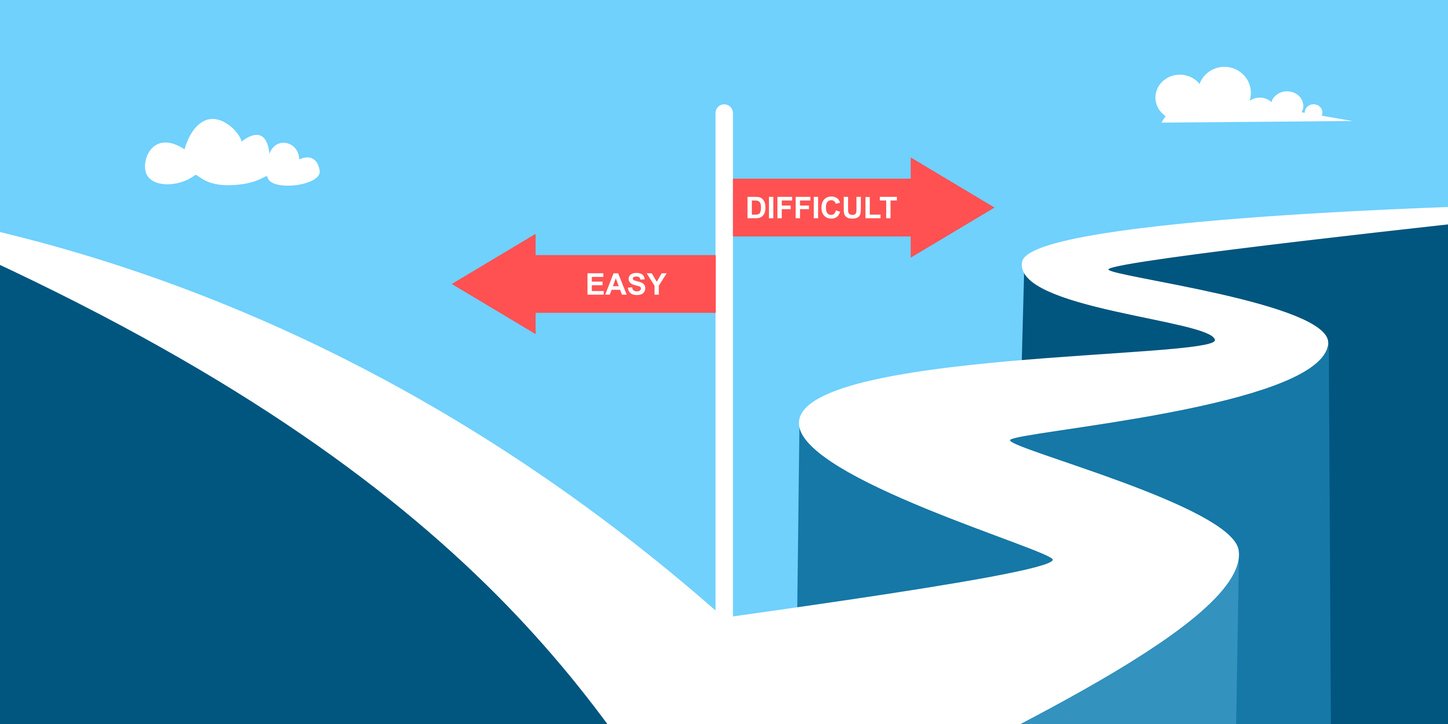
When it comes to conflict in teams, two things concern me greatly. Conflict that is unresolved and conflict that is avoided.
Most teams and companies handle conflict poorly. The result of failing to handle conflict effectively is predictable and unfortunately all-too-common. When conflict is not managed properly, negative emotions arise, employee engagement is reduced, ideas are hindered, important discussions are avoided, and execution is poor.
The consequences a company faces go well beyond the repercussions just listed, especially in the long-run. Long-term, conflict results in reduced profits, employee engagement, and commitment.
From my experience, I have found that understanding team member's behavioral styles and your own can improve conflict interactions.
- Behavior style - Some people are predisposed to run towards conflict while others are more likely to avoid conflict. Failure to know and understand the behavior style of team members is akin to trying to drive a car while blindfolded.
- Values - Some people are more predisposed to engaging in conflict if they have a strong value that is violated. We recommend the Spranger-based assessment instrument to measure values/motivators.
- Position power - If you are "the boss", subordinates are less likely to bring you the bad news as well as challenge your ideas.
- The home environment a person grew up in - Some people get plenty of practice growing up in how to handle conflict while others do not.
- Current / prior working environments / cultures - Current and prior work environments can condition people to use a different contact style.
- Region of the country - Some areas of the country more readily engage in conflict while in other areas - conflict is more often avoided.
Following are five conflict strategies that can make a significant difference in how your team and organization handles conflict:
There must be a commitment to making "constructive conflict" a required part of your culture. Every employee team member and member of management must be enrolled in having constructive conflict. Engaging in constructive conflict does not occur overnight. It takes time and commitment of leadership / management AND each team member on the team. There are ways to speed up a commitment to constructive conflict.
Continuously build trust. Patrick Lencioni's The Five Dysfunctions of a Team calls for "Vulnerability-based Trust" to be created in order to have effective conflict. I agree wholeheartedly. Vulnerability-based trust can only be created through commitment, awareness of behavior styles of oneself and team members, and knowledge of the personal histories of fellow team members. This is not a one time event, but rather - a continuous effort.
Establish and periodically review your own expected conflict behaviors. Every team has their unique combination of attributes that should be addressed through their own customized conflict norms. The common conflict norms include:
- Keep the conversation about the issue - not the person.
- No "kitchen sink fighting" - talk about one issue at a time.
- Each person on the team or in the meeting is heard on the issue.
- Be honest.
- Do not "dance around the issue" - get to the point.
Have meetings that purposefully engage in "constructive conflict". Unfortunately, most meetings are boring. Teams that effectively use conflict engage in meetings where issues get discussed in a purposeful manner. Problems need to be on the agenda and addressed involving each team member's feedback. It is beneficial to have a "problem owner" - the person bringing the issue to the team; a scribe - the person recording the activity; and a "conflict miner" - the person committed to ensuring each meeting participant is being engaged in a purposeful manner. Having meetings of this type can be unnerving at first but with practice, they can be quite effective.
The good news... By engaging in constructive conflict, you can improve employee morale, team performance, and the bottom line. But you and your team must decide. Improving how your team engages in constructive conflict takes time, commitment, and awareness. Fortunately, the process can be sped up.




